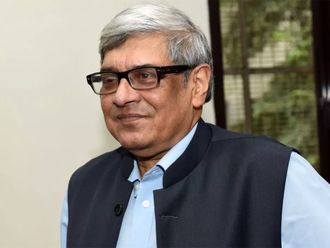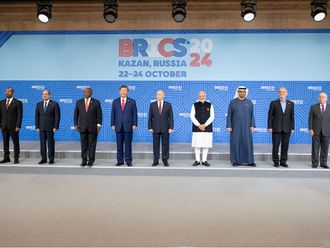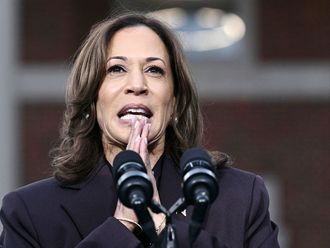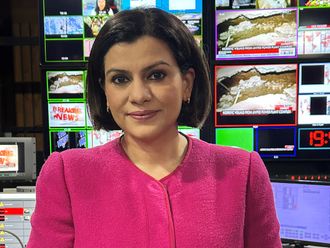Leaders gathering at the Asia-Pacific Economic Cooperation (Apec) summit in Vietnam this weekend sent a loud and clear message that they will not accept rising global trade protectionism.
On Saturday, the 11 remaining countries in the Trans Pacific Partnership (TPP) agreed on a core framework, which could create a trade network that will stretch across three continents from China to Chile. The deal, which the US abandoned in January, was announced only hours after US President Donald Trump delivered an “America First” speech at the conference.
Leaders attending the summit also agreed to address “unfair trade practices” and “market distorting subsidies” in a statement on Saturday, and yesterday, Hong Kong signed a free trade and investment pacts with the Association of Southeast Asian Nations (Asean).
The reasons for the rise in protectionism are obvious. The world economy has seen an unusual number of challenges over the past two decades, including the Dot Com Bust, the Sub-Prime Crisis and the Great Recession. The recovery has often been slow and painful. But the temptation to erect more economic barriers will not help anyone. The best way to promote global growth is to make it easier for countries to trade with each other.
Getting politicians to understand and stand up for what needs to be done — and not succumbing to protectionism — is often a challenge in itself, so it is refreshing to see so many countries standing up for free trade. The US, the world’s largest economy, should take a leaf from their book. The world economy will heal faster if everyone involved supports the cause of free trade for all.








